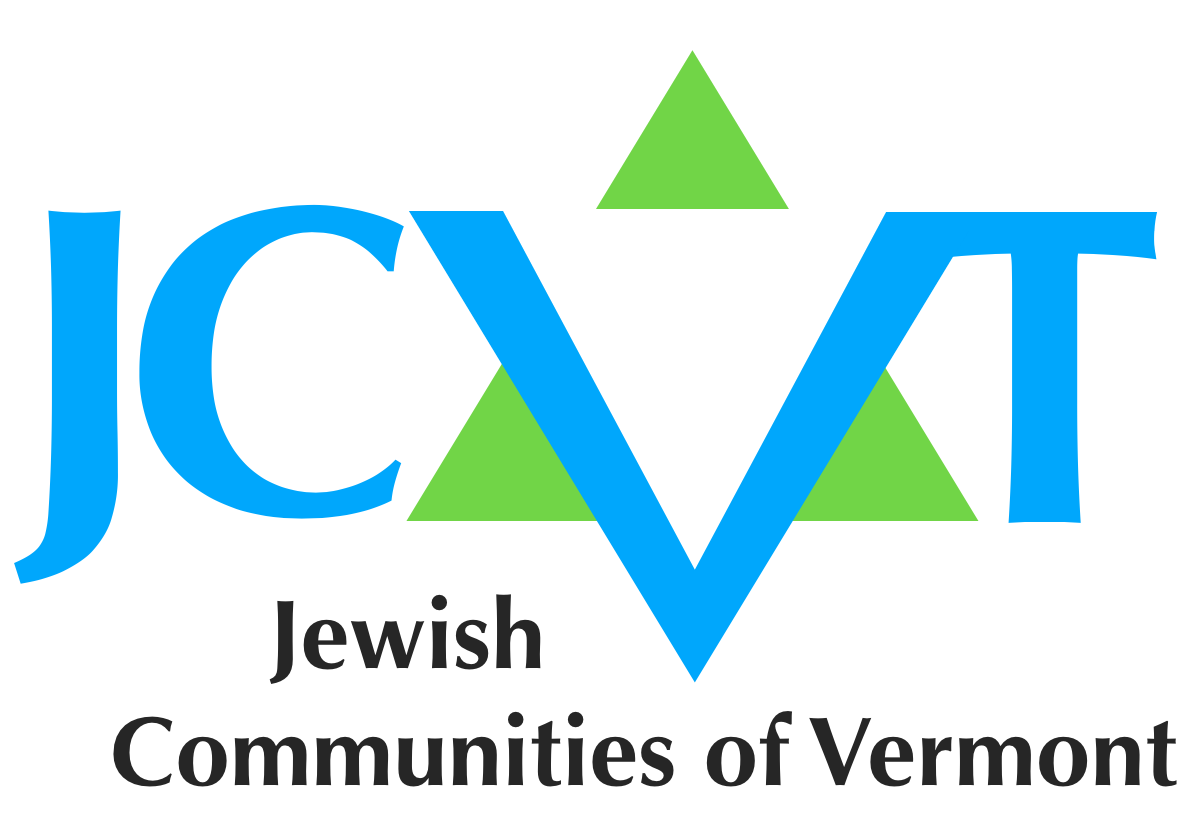The Intersections of Judaism and Disability
The Intersections of Judaism and Disability by Ariela Sturgis
One of my favorite things about Judaism is how it can provide a framework for any part of life. My experience with disability is no exception. I struggle with a cluster of chronic illnesses (EDS, POTS, MCAS) that have affected me since childhood. As an adult, I experience a wide variety of symptoms, such as periods of intense fatigue, cognitive dysfunction, joint pain (and injury), migraines, GI dysfunction, and more. They can range from mildly annoying to can't-even-lift-my-head-up disabling. While these flares can be random, they also follow some important patterns. Seasonally, changes in temperature or environmental allergies can make a big difference. And most significantly, lack of rest always leads to a flare. If I get too busy, push through the symptoms too many times, I will crash and then require an extended period of nothing but rest.
Judaism understands the importance of living life in ways that honor such cycles. The holidays throughout the year remind us to take time to process the seasons. With the approach of winter, we take stock of our last year, ask for forgiveness, gather in sukkahs for harvest feasts. In the darkest time of year, we gather with hot foods and candlelight. At the end of winter, when life feels stagnant and colorless, we celebrate Tu B'shvat and remind ourselves of seasonal change, flowers, and fruits. With the hope of renewal that comes with spring, we remind ourselves of our obligation to stand up as advocates for freedom. Each holiday provides space for taking stock, self-reflection, and gathering with community for support. I can't imagine a life with disability without those gifts.
Perhaps the greatest gift, however, is Judaism's insistence that rest is not just valuable, but necessary. Outside pressures tell us that we are only worthy when we are "productive," when we are undersleeping and overworking until our bodies and minds hit their breaking point. This is unhealthy -- and heartbreaking -- for abled folks, but for those of us in the disability or spoonie communities, it is not an option. We are left feeling left behind, that our very existence is less valued in society. Judaism disagrees. Judaism tells us to rest every week, during major holidays, and periods of grief. It reminds us to gather with communities of support -- another necessity for life with disability. It encourages self-reflection, mindfulness, and challenging norms that don't fit our values. I would not be able to manage disabled life without these skills and practices. I am eternally grateful to have grown up in a culture and tradition that fostered them in me from a young age.
